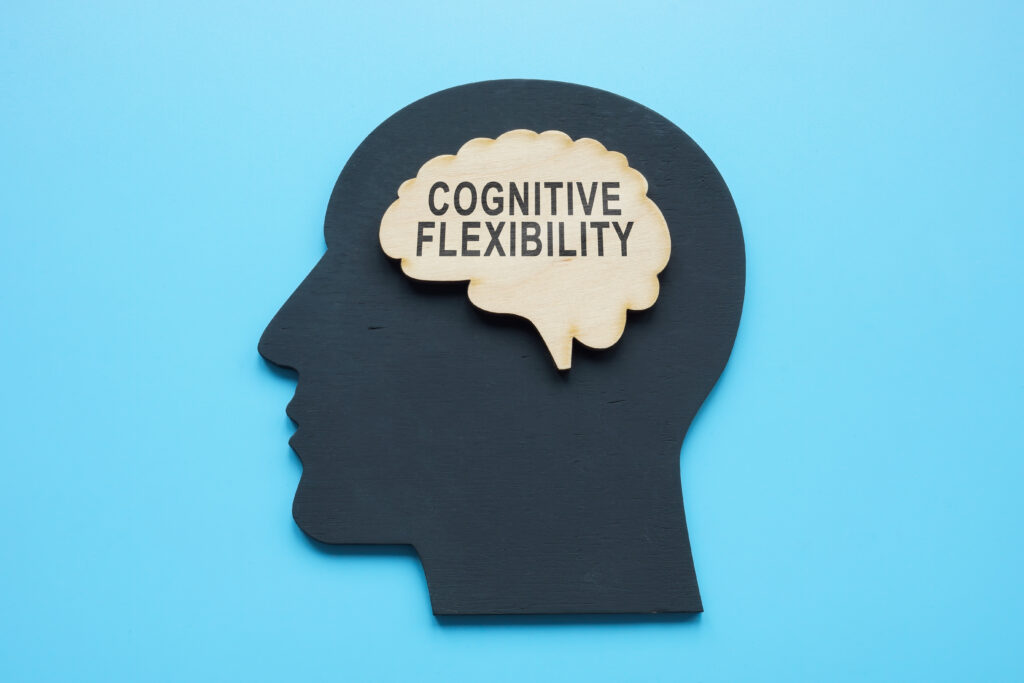Amnesia is a cognitive disorder that affects the memory and can have a significant impact on a person’s daily life. It is a condition where an individual experiences partial or total loss of their memory, including both short-term and long-term memories. This can occur suddenly or gradually and can range from minor forgetfulness to severe memory loss.
There are two main types of amnesia – retrograde amnesia and anterograde amnesia. Retrograde amnesia is when an individual loses memories of events that occurred before the onset of amnesia, while anterograde amnesia is when an individual has difficulty creating new memories after the onset of amnesia.
Causes of Amnesia:
Amnesia can be caused by a variety of factors, including head injuries, strokes, brain tumors, infections, alcohol or drug abuse, and certain neurological conditions such as Alzheimer’s disease. In some cases, amnesia may also be a result of psychological trauma or severe emotional stress.
Symptoms of Amnesia:
The main symptom of amnesia is memory loss, which can vary from person to person. Some individuals may have a complete loss of memory, while others may only have difficulty recalling specific events or details. Other symptoms may include confusion, disorientation, and difficulty concentrating. In severe cases, individuals may even forget their own identity and those closest to them.
Effects on Daily Life:
Amnesia can have a significant impact on an individual’s daily life. They may struggle to remember important information, such as appointments, tasks, and names of people they know. This can lead to difficulties at work or school and strain relationships with friends and family members.
In cases of anterograde amnesia, individuals may find it challenging to learn new skills or retain new information. This can make it difficult for them to perform everyday tasks, such as cooking a meal or using technology.
Treatment for Amnesia:
Treatment for amnesia depends on the underlying cause and can vary from person to person. In some cases, amnesia may resolve on its own with time. However, in cases where the underlying cause is a medical condition, treating the condition may help improve memory. For example, in cases of alcohol or drug-related amnesia, quitting substance abuse can help restore memory.
Cognitive therapy may also be beneficial in helping individuals develop strategies for improving memory and managing daily life tasks. This therapy can involve exercises to aid memory recall and techniques to cope with memory loss.
In rare cases, medications may be prescribed to treat amnesia, but these are typically only used when there is an underlying medical condition.
Living with Amnesia:
Living with amnesia can be challenging, and individuals may need support from friends and family members to cope with their condition. Simple strategies such as keeping a daily planner, setting reminders, and using notes can help individuals manage their memory loss and daily tasks more effectively.
It is also essential for individuals with amnesia to take care of their overall health by maintaining a healthy diet, exercising regularly, and getting enough sleep. These practices can help improve memory and overall brain function.
Coping with the emotional impact of amnesia is also crucial. Individuals may experience feelings of frustration, anxiety, and depression due to their memory loss. Seeking therapy or joining support groups can help individuals cope with these emotions and learn to adjust to their condition.
In conclusion, amnesia is a cognitive disorder that affects memory and can have a significant impact on an individual’s daily life. It is essential to seek medical attention if experiencing symptoms of amnesia, as early diagnosis and treatment can improve outcomes. With proper support and strategies, individuals with amnesia can learn to manage their condition and lead fulfilling lives. Remember, there is always hope for those living with amnesia.


